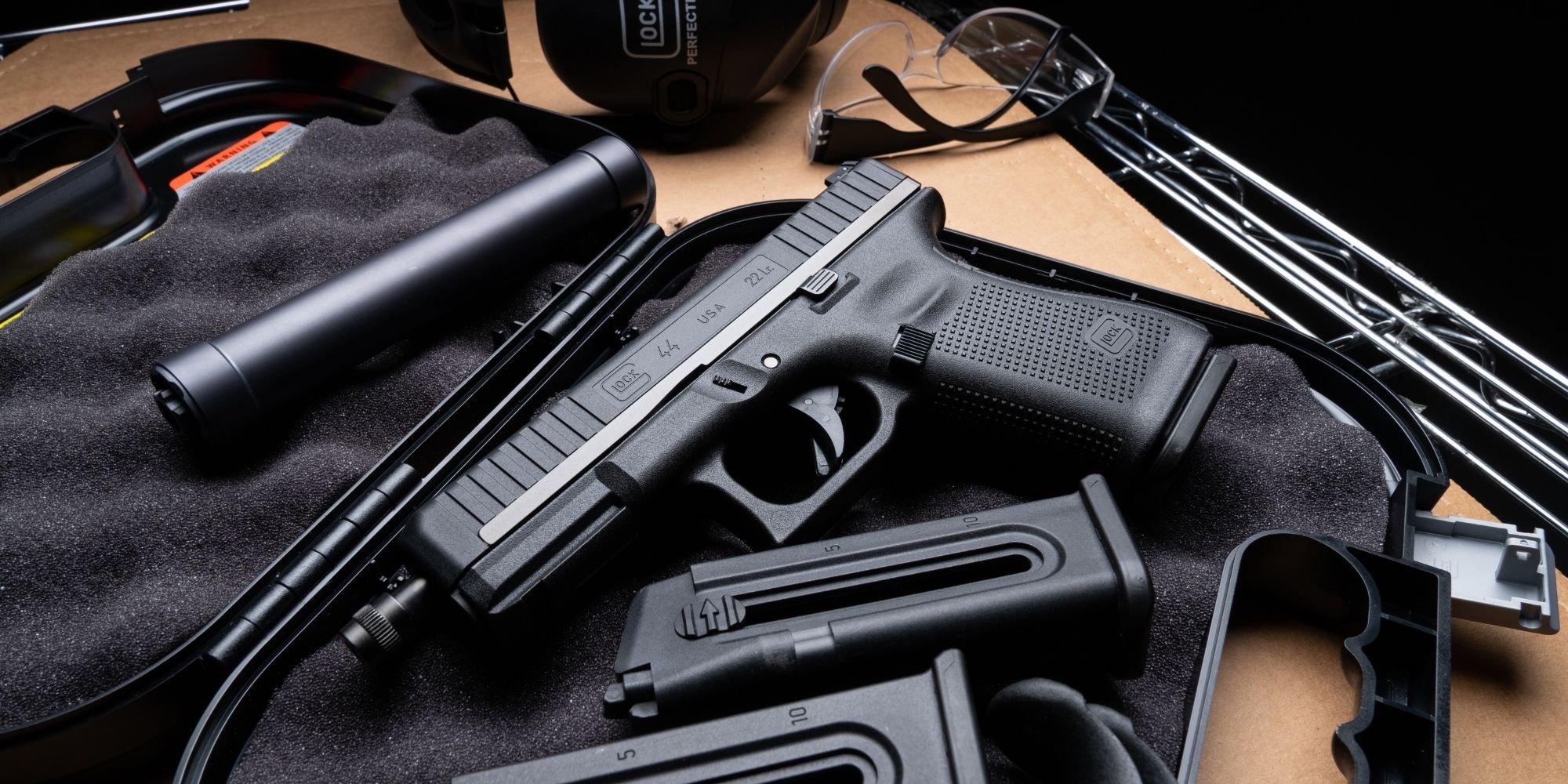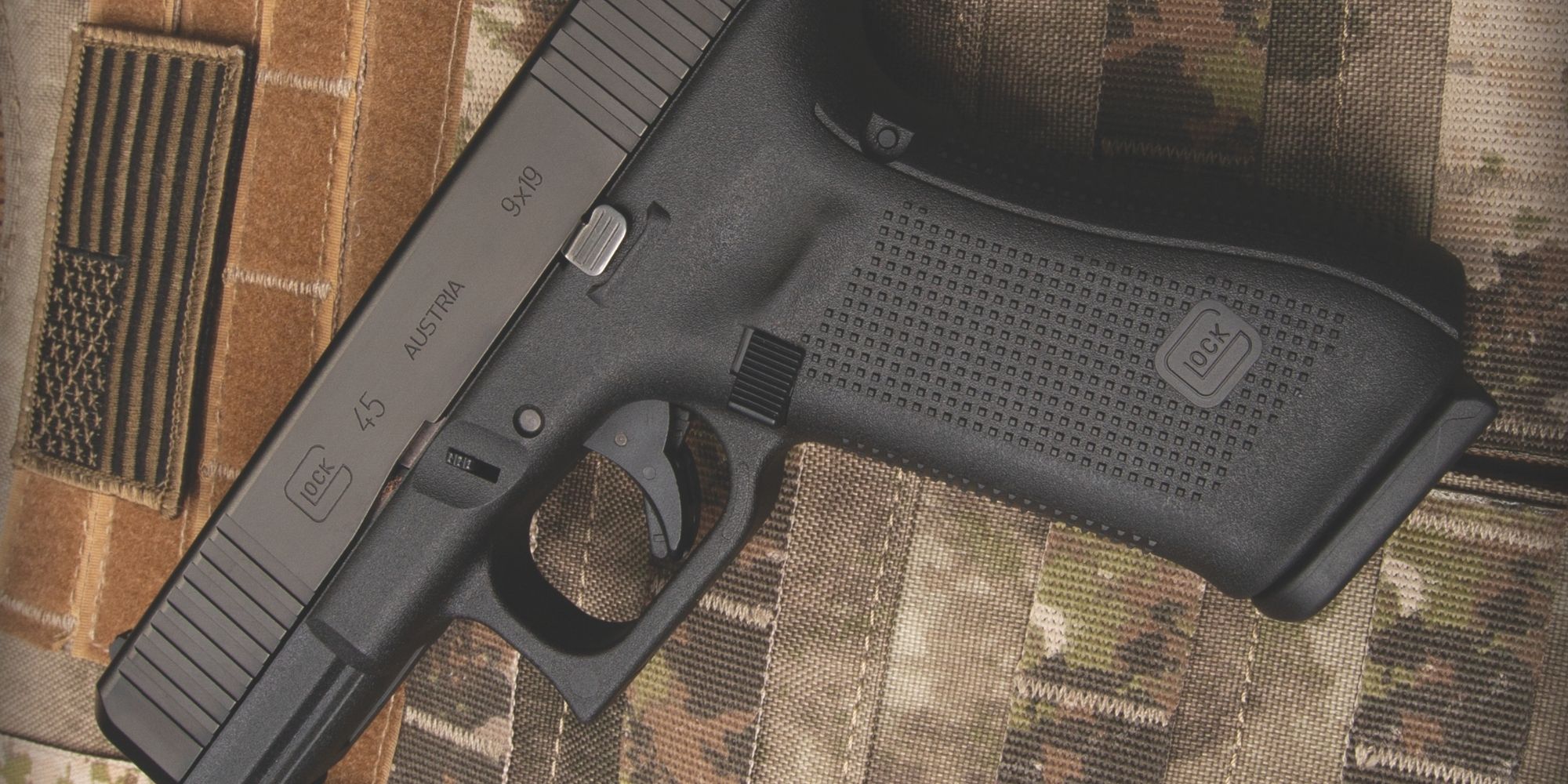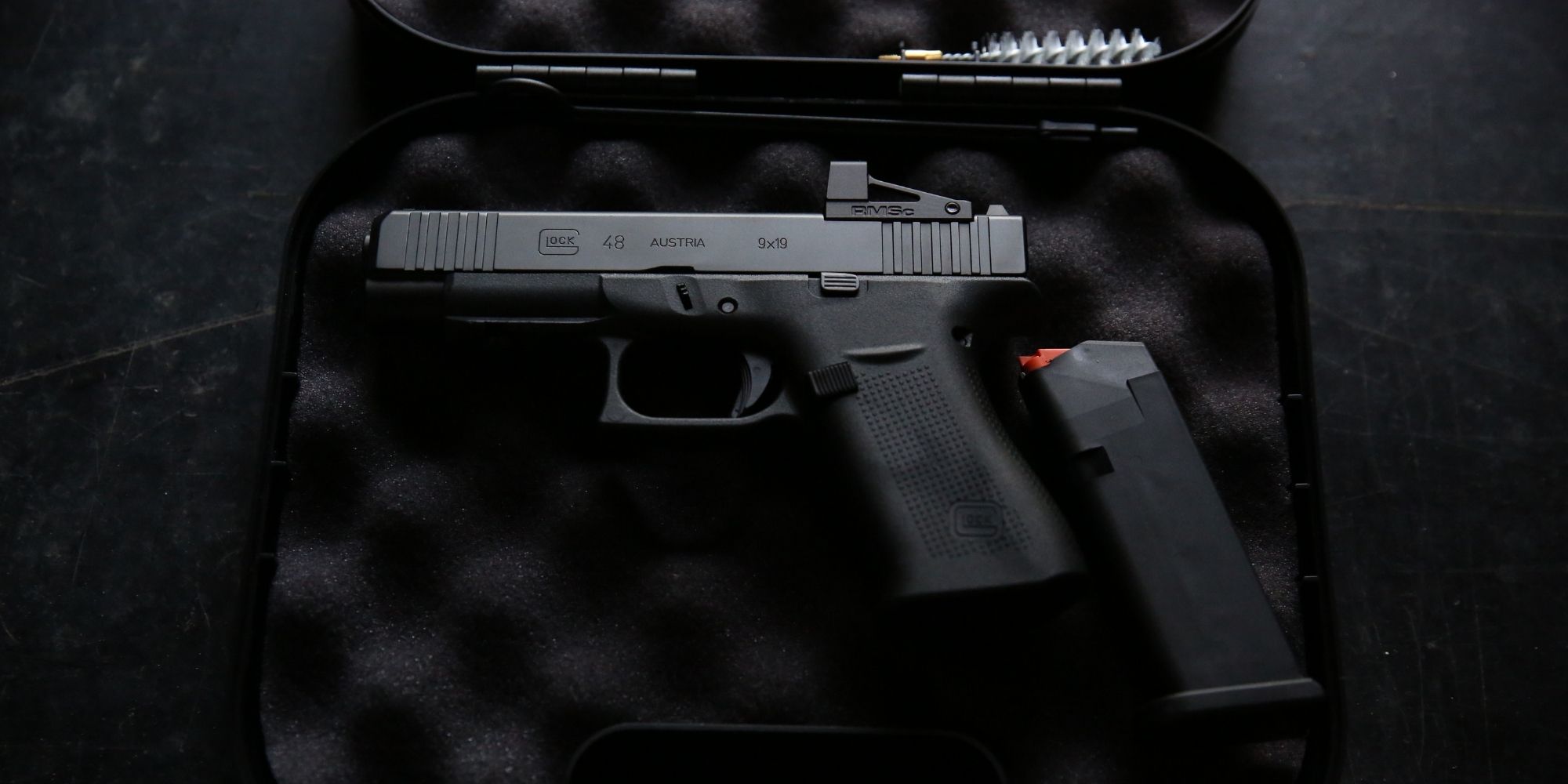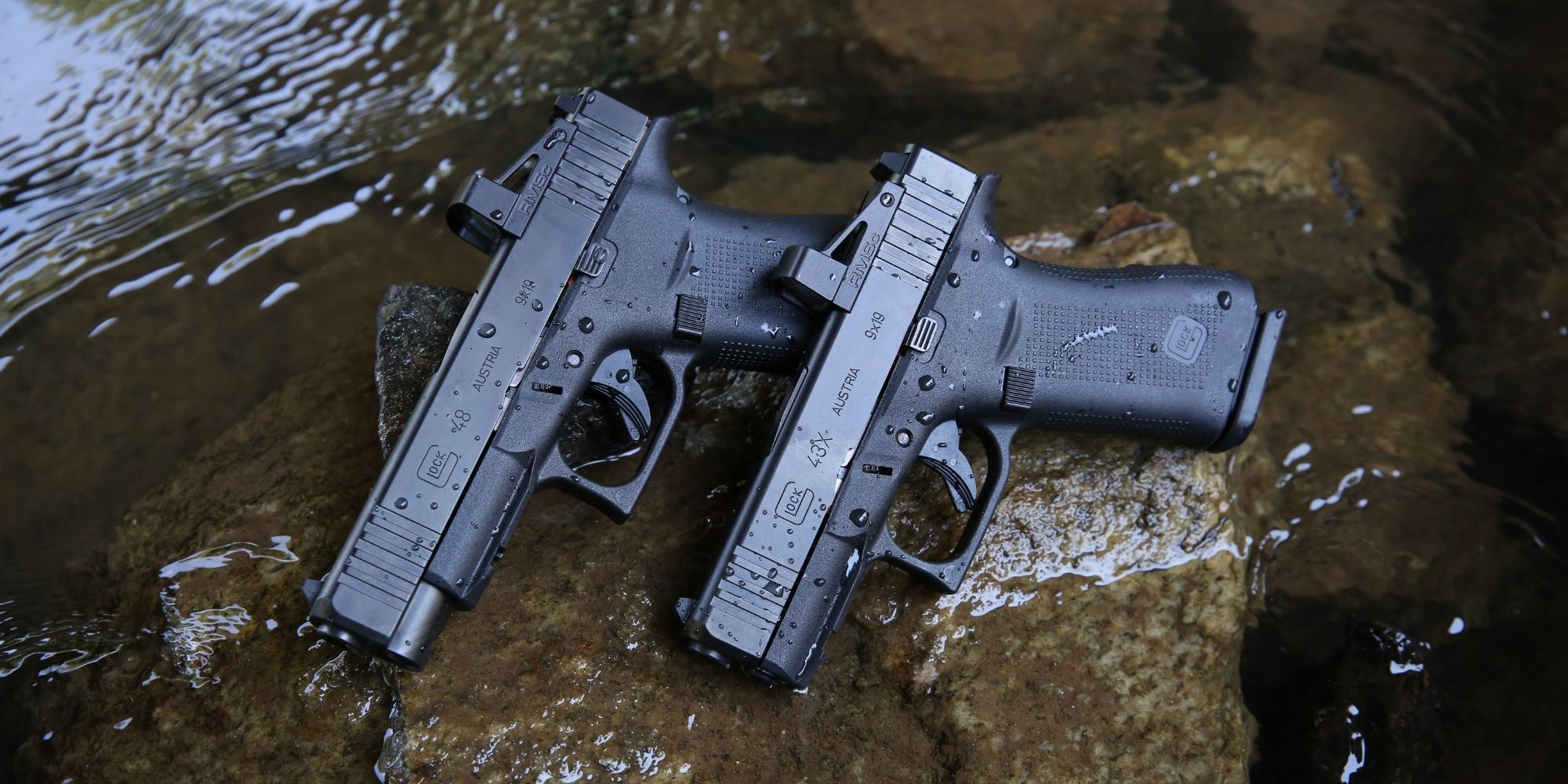Recent Posts
- Home
- GHOST INC BLOG
- handgun
GHOST INC BLOG
Brand Spotlight: SIG SAUER—Precision Engineered. American Perfected.
Posted by on
The Legacy of "Never Settle"
At Ghost Inc, we pride ourselves on carrying brands that represent the absolute pinnacle of performance, reliability, and innovation in the firearms world. That's why we're excited to shine a spotlight on SIG SAUER, a company whose very name has become synonymous with excellence for military, law enforcement, and civilian shooters globally.
The SIG SAUER story is one of a relentless pursuit of perfection. Their legacy traces back to 1853 in Switzerland. A pivotal moment in 1864, when they won a contract to produce rifles for the Swiss Army, cemented their future in firearms and led to the formation of the Schweizerische Industrie Gesellschaft (SIG).
Through a strategic partnership with the German firm J.P. Sauer & Sohn in the 1970s, the "SIG SAUER" brand was born, merging Swiss precision engineering with centuries of German gun-making expertise. This transatlantic synergy was further strengthened in 1985 with the establishment of a U.S. subsidiary, which has since established the brand as a leader in the American market.
Setting the Industry Standard
Today, SIG SAUER is a world-renowned systems provider, famous for their:
- Modular Innovation: Revolutionizing the industry with platforms like the P320 (adopted as the U.S. Army's M17/M18 Modular Handgun System), which allows users to swap grip modules, slides, and calibers around a single serialized Fire Control Unit (FCU).
- Legendary Reliability: Classic hammer-fired models like the P226 (trusted by Navy SEALs for decades) and P229 set the standard for durability and performance.
- Concealed Carry Excellence: The P365 series fundamentally redefined the micro-compact category by offering unprecedented capacity in a slim, highly-concealable frame.
Whether you're looking for a duty pistol, a competition-ready rifle, a reliable EDC companion, or the accessories to elevate your current firearm, SIG SAUER continues to deliver on their promise: Never Settle.
Upgrade Your P365 with Precision-Engineered Grip Modules
One of the most appealing features of the SIG SAUER P365 platform is its modularity, allowing for simple, non-serialized parts to completely change the look, feel, and performance of the handgun. Here are two standout grip modules to customize your P365:
1. Enhanced Ergonomics and Control
For shooters who demand a more hand-filling, aggressive grip for better recoil control, the collaboration between two industry powerhouses delivers a stunning result:
WILSON COMBAT GRIP MODULE WC365 XL - NO MANUAL SAFETY - BLACK
- The Upgrade: Wilson Combat has reengineered the P365XL grip frame to optimize its practical shooting and concealed carry potential.
- Key Features: Significant improvements in shape, texture, and overall ergonomics provide the superb feel of an expertly hand-sculpted custom gun. This molded polymer module enhances your grip and is specifically designed to improve recoil control, making your P365 perform better than ever.
2. XMACRO Capacity and a 1913 Rail
For those seeking maximum capacity and accessory compatibility on their P365 FCU, the factory XMACRO module is the answer. It bridges the gap between a compact carry gun and a full-featured duty pistol.
- The Upgrade: This is the factory replacement grip module for the P365-XMACRO, bringing full-size magazine capacity to your P365 platform.
- Key Features: It is compatible with the 17-round P365-XMACRO magazine. Most notably, it features a true 1913 accessory rail for mounting a wider variety of lights and lasers. It also comes with three interchangeable backstraps (S, M, L) to ensure a proper fit for the user's hand.

Are Glocks Safe to Carry Chambered? A Ghost Inc. Analysis
The decision to carry a firearm for self-defense is a serious one, and it comes with a lot of questions. For many new and even experienced gun owners, one of the most pressing concerns is: Is it safe to carry a pistol with a round in the chamber? This question becomes even more pointed when [...]

What is the Best Combat Glock?
When it comes to the world of combat-ready handguns, few names are as synonymous with reliability and performance as Glock. For decades, military units, law enforcement agencies, and private security forces around the globe have trusted the simple, rugged design of the Austrian pistol to get the job done. But with a wide range of [...]

Are Glocks Heat Resistant?
Understanding Glock's Polymer Frame The material used to construct the frame of a glock pistol is a high-tech, proprietary polymer often referred to as Polymer 2. While some might dismiss it as "plastic," this isn't your average household material. It is a form of Nylon 6, which is a thermoplastic that has been specifically engineered for [...]

A Deep Dive: Can a Glock Get Wet? A Glock's Legendary Durability Explored
The internet is a wild place, and gun forums are a special corner of that. You'll find debates on everything from the best holster to the ethics of carrying a spare magazine. But one question that pops up with surprising frequency, often from new Glock owners or those considering one, is simple yet profound: "Can [...]
 Loading... Please wait...
Loading... Please wait...
